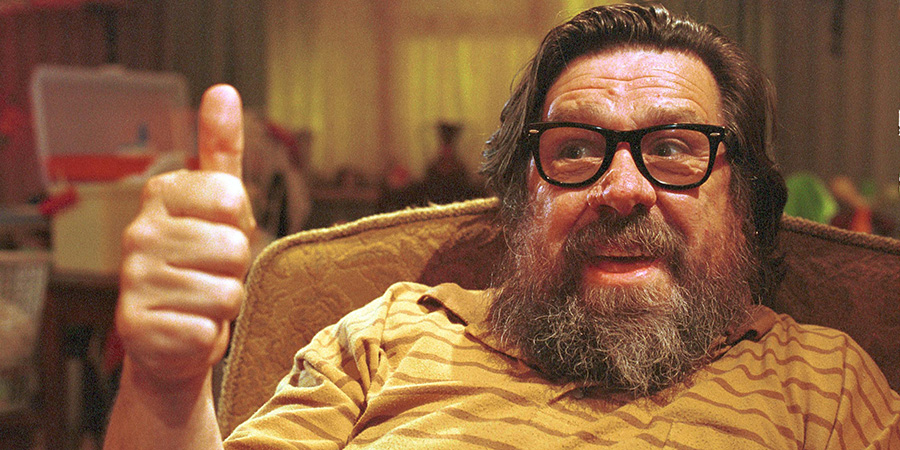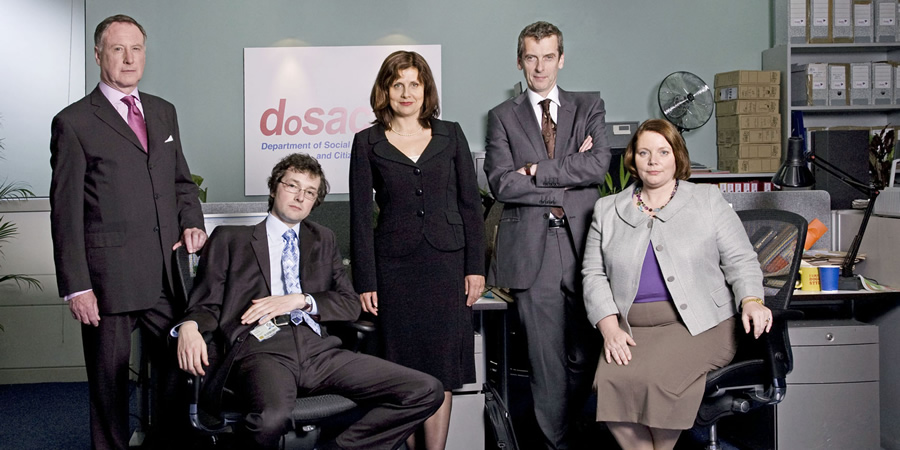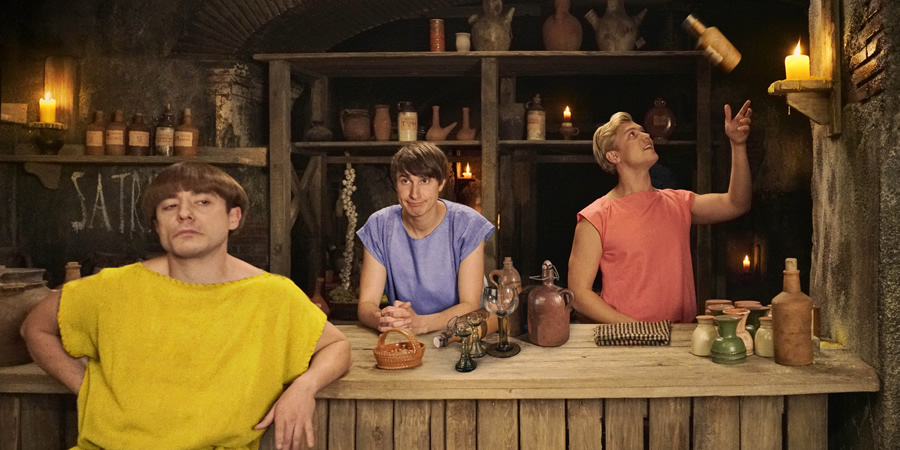The importance of pace

Some scripts move at a slow pace: The Royle Family is the perfect example of this, although, of course, it is crammed with character, texture and detail.
Other shows feel considerably more frenetic: The Thick Of It and Plebs, for instance, both move quickly.
Getting the pace of your show right is crucial. Scripts that start speedily, then descend into long, ponderous scenes with lots of padding will quickly lose viewers' (and producers'!) interest. Similarly, shows that move at a gentle pace and then wrap up very quickly will feel lopsided and unsatisfying.
As a general rule, newer writers can benefit from trying to make sure their scripts have plenty going on in them; writing slower-moving material that is also engaging and funny is very difficult indeed - and working off a thin plot can create a lot of extra headaches during the drafting process.
If you're looking to inject some pace into your script, the first thing you should do is:
Tighten, tighten, tighten
Have a look at the dialogue you've written. Say it aloud. Is it as clear and concise as it could be, whilst retaining lots of character?
Remember: comedy is about precision. And that means everything your characters say should be thought through carefully - and the jokes should be precise.

Once you've completed a first draft, go through and tighten your dialogue wherever you can. This will improve the flow of the script as well as increasing its pace.
Next, you should see where you can,
Cut
The start and end of scenes, and the script itself, are good places to look.
Often, we have to "write ourselves into" both the script and individual scenes. This is entirely normal and helps writers generate momentum in their work.
But it also means that those lines at the start and end of scenes can be superfluous. And this principle applies to the script as a whole: do you have a scene at the top of the script, or at the end, which doesn't really do anything?
If so, cut.

Perhaps you are deliberately writing a slower script: to use our earlier examples, The Royle Family rather than Plebs? In this case you will need to,
Focus on minutiae
And we really do mean focus. Slower scripts, that explore their characters in intense depth, are often just as crafted as high octane farces.
Think about every "umm" and "ahh", down to the tiniest detail.
Ultimately, a slow pace is not a short cut. You will need to do just as much work to produce a script that is coherent, funny and effective.
This article is provided for free as part of BCG Pro.
Subscribe now for exclusive features, insight, learning materials, opportunities and other tools for the British comedy industry.


